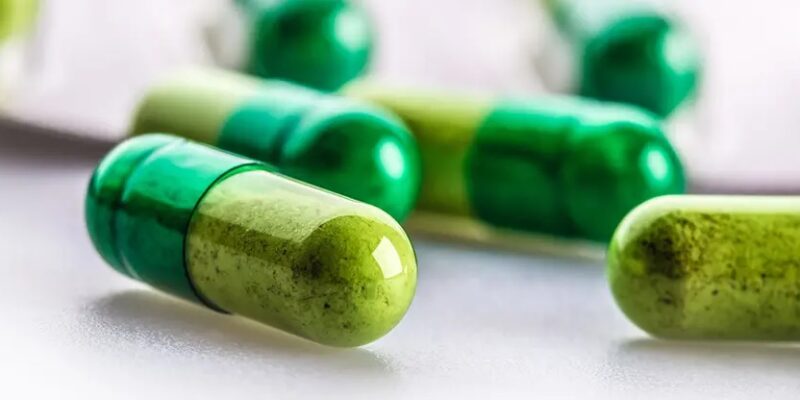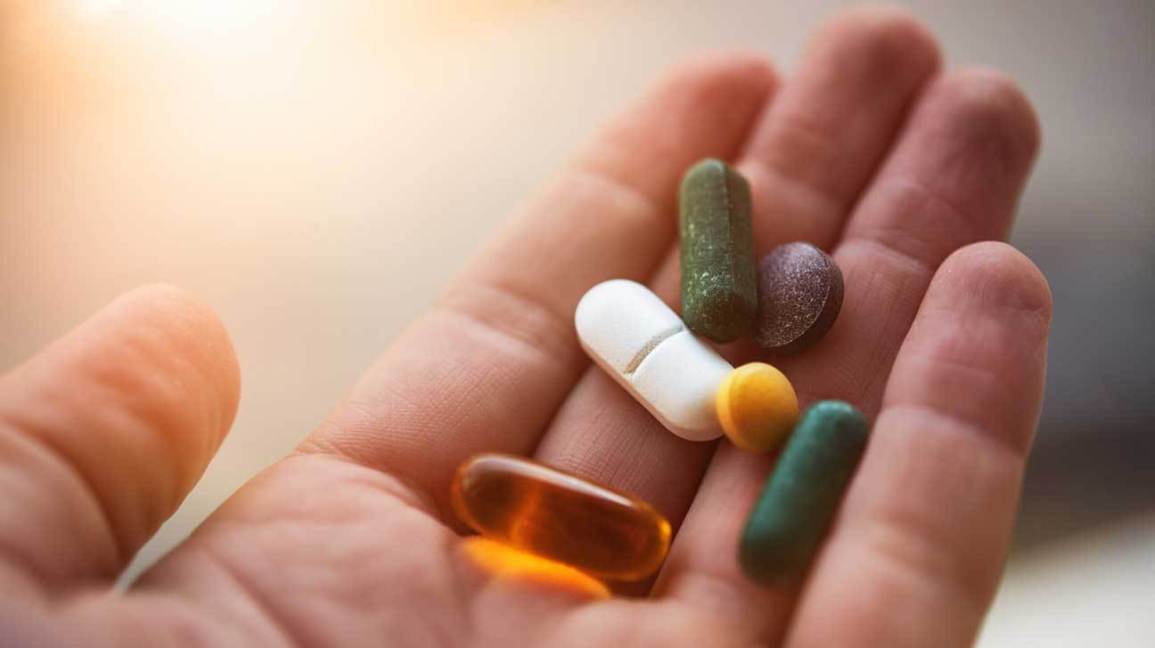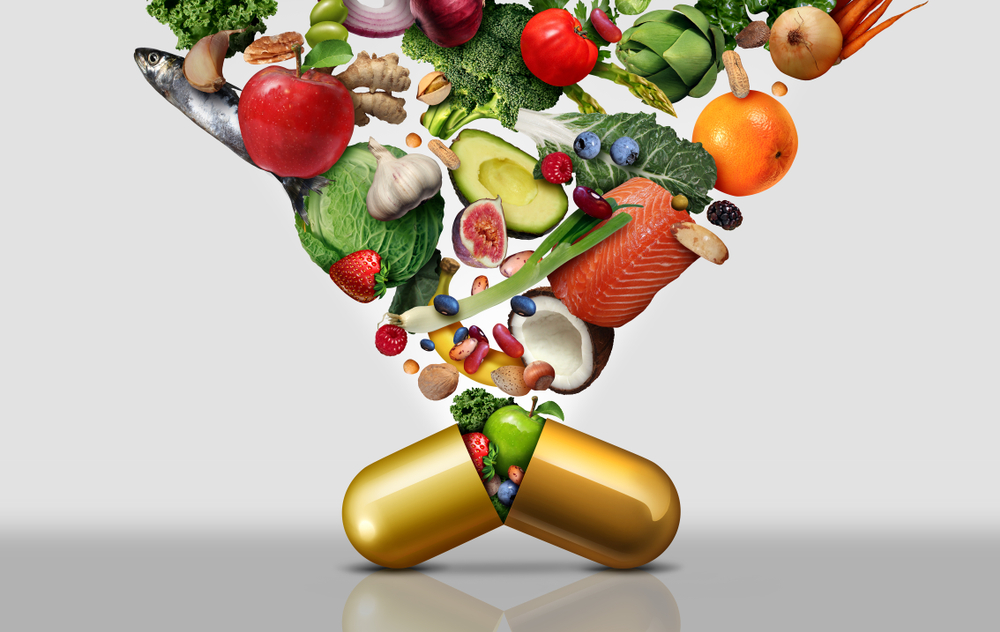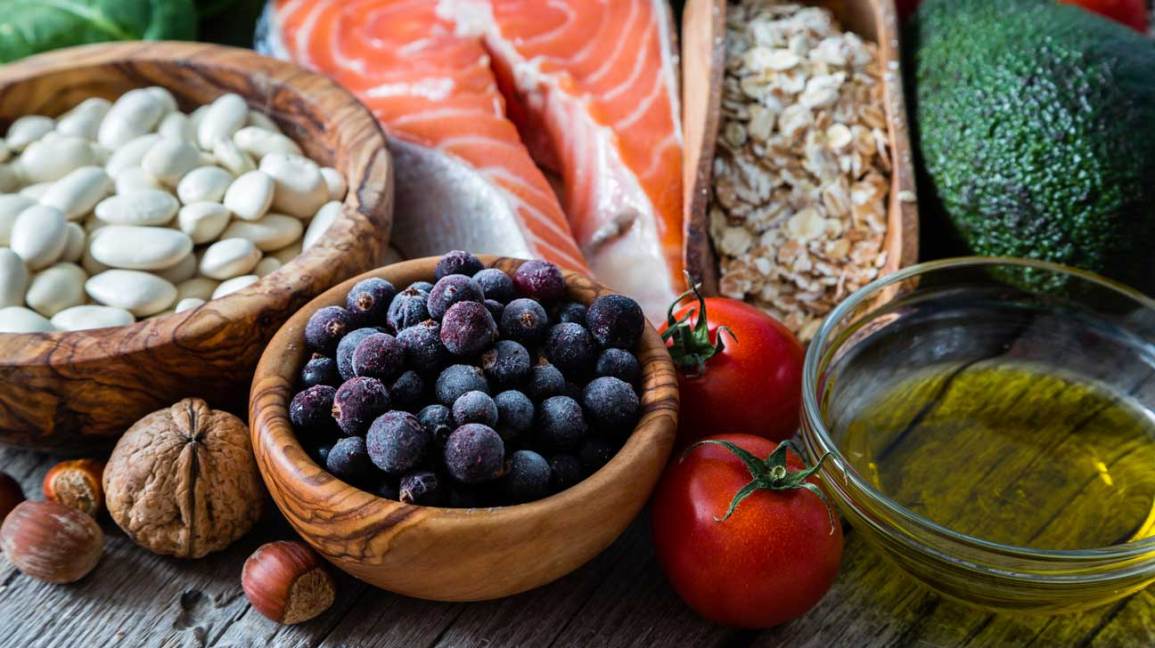
Did you know that millions of Americans take at least one supplement daily? You’ve probably seen numerous supplement brands like Thorne Research at Supplement First around the grocery aisles or even in your family’s medicine cabinet! There are many reasons why people take supplements, may it be to combat vitamin deficiencies or lower the risk of certain diseases. But with the health benefits in mind, you may also be wondering if there is such a thing as an unhealthy supplement.
Short answer: No, there aren’t unhealthy supplements, but there are things you should know about before you purchase supplements like Vital Nutrients at Supplement First. Read on to find out what they are!
- Vitamin Overdose
We grew up knowing that vitamins are extremely important for our minds and body. But did you know that too much of a good thing can also be bad? That’s right, excessive amounts of certain nutrients can cause harmful effects.
- Too much vitamin A can increase the risk of osteoporosis.
- Too much vitamin B6 may produce peripheral neuropathy.
- Taking over 400 units of vitamin E daily is associated with a higher risk of death.
This is why you need to know what vitamins you need and the amounts of them before you start taking anything.
- Interact with Medication
If you are taking herbal supplements, you should also know that they can potentially interact with other supplements and prescription medications.
For example, garlic, ginger, and ginkgo extracts can potentially interact with blood thinners, increasing the risk of bleeding. Ironically, while St. John’s Wort is taken for depression, it may interact with certain antidepressants you are taking at the same time.
This is because herbal extracts and supplements are metabolized in the liver, with the possibility of affecting the way your body metabolizes medication. This can cause medicines to either last longer than intended, or even reduce their effectivity.
Supplements that can negatively affect your liver metabolism include kava, echinacea preparations, and some types of cinnamon and melaleuca supplements. These herbal supplements can potentially affect medication like statins (which are for controlling cholesterol), anti-seizure medications, and antidepressants. If you take prescription medication and plan to take supplements, be sure to check with your doctor to rule out the risk of drug interactions.
- A Healthy Diet is Better
Supplements have a few benefits, but they aren’t for everyone. Moreover, there are other healthier ways you can get the vitamins and nutrients you need, and that’s through a wholesome diet.
There isn’t a replacement for nutrient-dense food, with supplements only there to help meet the recommended daily amounts in case you have a vitamin deficiency or food restrictions that result in not getting the nutrients you need in a day from food alone. If you have no conditions that affect the way your body absorbs nutrients, then you can likely stay happy and healthy through a good diet.
Wrapping It Up
Before you do decide to take supplements, make sure you speak with your healthcare provider.










